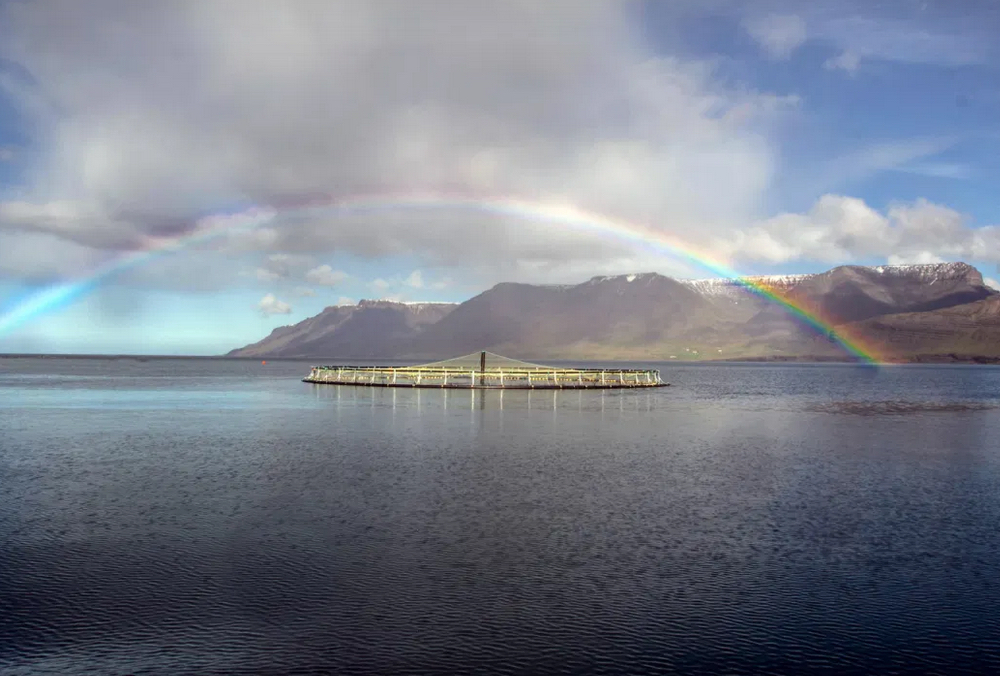Icelandic police drop fish escape investigation

The Icelandic police have dropped their investigation into fish farmer Arctic Fish, over a large salmon escape in August last year.
An estimated 3,000 fish got out in what was seen around the country as a major incident, with anti-salmon farming factions calling on the government to ban open pen fish farming.
The Icelandic Veterinary Authority MAST immediately requested an official inquiry into a possible violation of regulations after holes were found in the nets at the company’s facility in Patreksfjörður.
MAST said at the time that there was a possibility of an infringement which had to be investigated.
The consequences of such an inquiry can be serious, as Iceland’s legislation dictates that company board members could face possible fines, and even imprisonment if charges are proved, whether the offence was committed intentionally or not.
But four months on the local police, who are empowered to carry out such investigations, said they have dropped their enquiries as there was no basis for continuing with them. They said that the release was not due to the company’s actions, accidental or otherwise.
However, the National Association of Fishing Groups has called on the police to think again, claiming the company has a case to answer.
Meanwhile, a company statement said: “Since August, we at Arctic Fish have put a lot of work into reviewing our working methods with the aim of minimising the risk of a smear.
“Among other things, we have decided to stop using the type of feed spreaders that caused the hole. We are implementing a new electronic quality and maintenance system that improves work practices.
“There will be increased emphasis on staff training and the implementation of lighting controls to prevent puberty [early maturation] has been reviewed.
“We have also created a new job in the company, the job of farm manager, and we have John Gunnar Grindskar joining us for that job, who has decades of experience in fish farming at our parent company in Norway. And we have also set up plans and secured equipment with the aim of keeping the lice load down.”
The statement added: “All these measures are aimed at minimising the environmental impact of the activity.
“Sea-raised salmon has the lowest carbon footprint of any manufactured protein available. It is therefore important to secure food for the world to use the blue fields, the sea, to produce food.”

